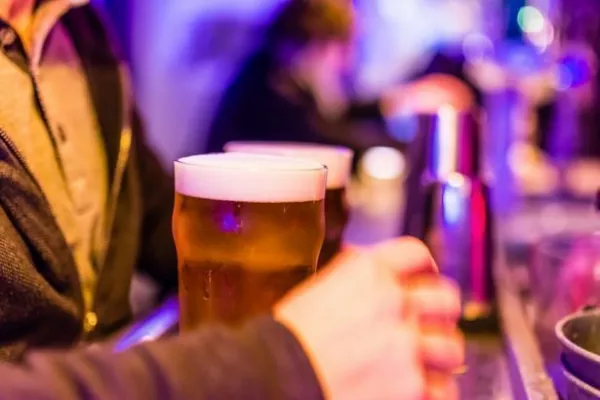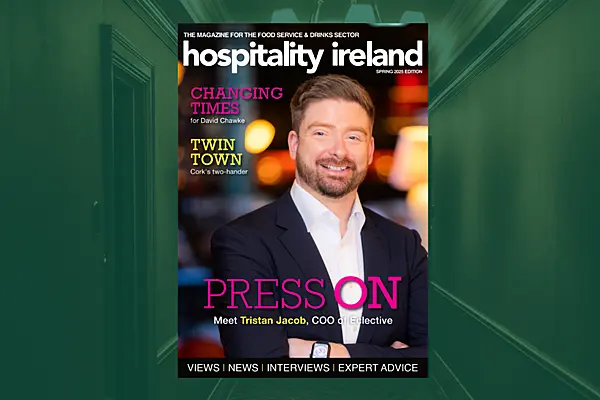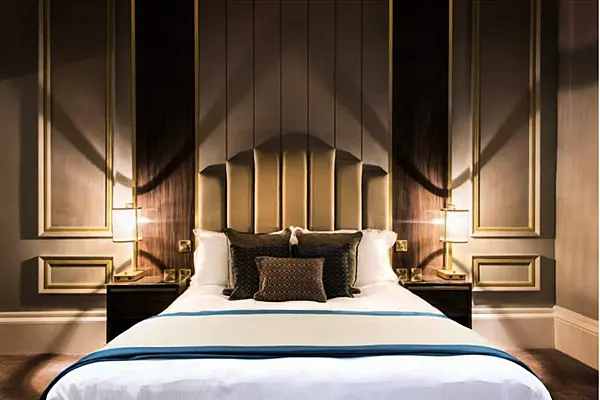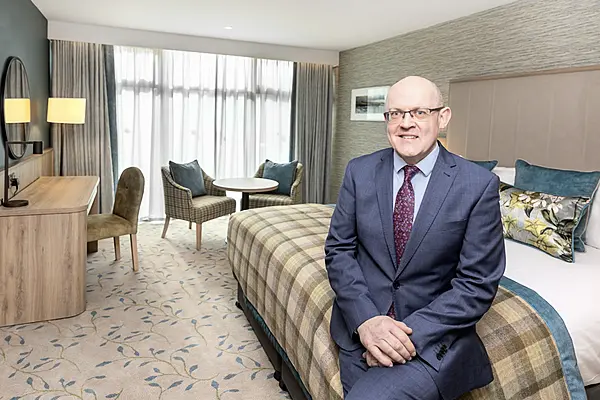Restaurateur Alan Yau describes Park Chinois as the most expensive restaurant opening in Mayfair, where his neighbours include Sexy Fish, Novikov and Nobu Berkeley St., three of the city's most glitzy. Costs are generally believed to be just below £40 million ($57 million), include the cost of acquiring the site – almost 16,000 square feet (1,485 square meters) – which stretches from Berkeley Street to Dover Street. Yau says he spent "north of £1,000" a square foot getting the place ready.
Yau is ready for the challenge. He's the man behind Wagamama, Yautacha and Hakkasan, all of which have gone on to become international brands. He also set up Busaba Eathai, a casual Thai chain with 12 locations in London.
Park Chinois is like a sumptuous lounge in 1920s Shanghai, where a band plays as guests sip cocktails or dine on luxury dishes. The menu includes a dish of Hokkaido sea cucumber, Australian abalone, and goose web (£85), and roast duck (£75), to which you may add 50 grams of Beluga Imperial Caviar for £280. (There are also starters below £20 and mains below £30 on the eclectic Asian menu.)
Yau says he wanted to set up an entertainment restaurant, except that rather than the DJ-led lounge-style dining pioneered by the Buddha Barin Paris in 1996, this one has live music.
"I like the combination of dining to live music with a view of what happened in the past from the 1920s, from the Cotton Club to the jazz bands in Shanghai," he says. "Park Chinois is a modern version."
Hong Kong-born Yau didn't take any chances before opening Park Chinois. In addition to a feng shui master, he says he employed eight to 10 "layers of different consultants".
"What I enjoy more is really what I call emotional architecture, meaning how to create a set of energy in relation to the project," Yau said. "That side is more than feng shui."
More prosaically, he says he's counting on average spending of about £120 per guest, compared with £80 to £90 for his Mayfair neighbours.
Yau serves lunch, afternoon tea and dinner in the Salon de Chine dining room, while downstairs is more of a nightclub. Once the bar is open – in the space that was formerly Automat restaurant on Dover Street – the venue will have three revenue streams. But he also plans late-night dinner-dances and regular concerts as he bids to put both music and food center stage.
"I hope music can be as important as food in a place like this," Yau says, adding that he wants to create a distinctive Park Chinois sound, "a combination of the old-school arrangements led by a diva vocalist."
The lineup of artists is unusual and varied. It includes a Russian harpist, Valeria Kurbatova, who made her debut at the age of nine at the Great Hall of Moscow Conservatoire, and Danusia Samal, a London-born singer-songwriter who spent much of her childhood in Turkey and Yemen. Samal doesn't always perform in such glamorous venues: she has also appeared at Oval Underground station.
He describes the Club Chinois sound as "Haiku Swing." His aim is to record and produce new versions of classics with contemporary vocalists, rather than follow Buddha Bar with compilation albums. Yau says he is in discussions about introducing a Park Chinois channel on Apple's music service, as Burberry Group has done.
He says that he has already received approaches about opening a Park Chinois in other cities, just as Hakkasan Group's owners, Abu Dhabi-based Tasameem Real Estate, have done, even planning to roll out Yauatcha in US shopping malls. Yau says he wouldn't want to do that and would rather focus on music as the vehicle for international expansion.
"I think that commercially Park Chinois can sustain itself in London Mayfair," he says. "Beyond that, in terms of a business model, I don’t think that the old way in terms of opening 10, 50 Park Chinois around the globe is the way to develop.
"The ambition for me personally is really not to expand Park Chinois abroad, mainly because I think it is an oxymoron to have a fine-dining chain. However you do it, it is always going to be compromised. I just feel that music can travel better."
Article by Richard Vines, chief food critic for Bloomberg









